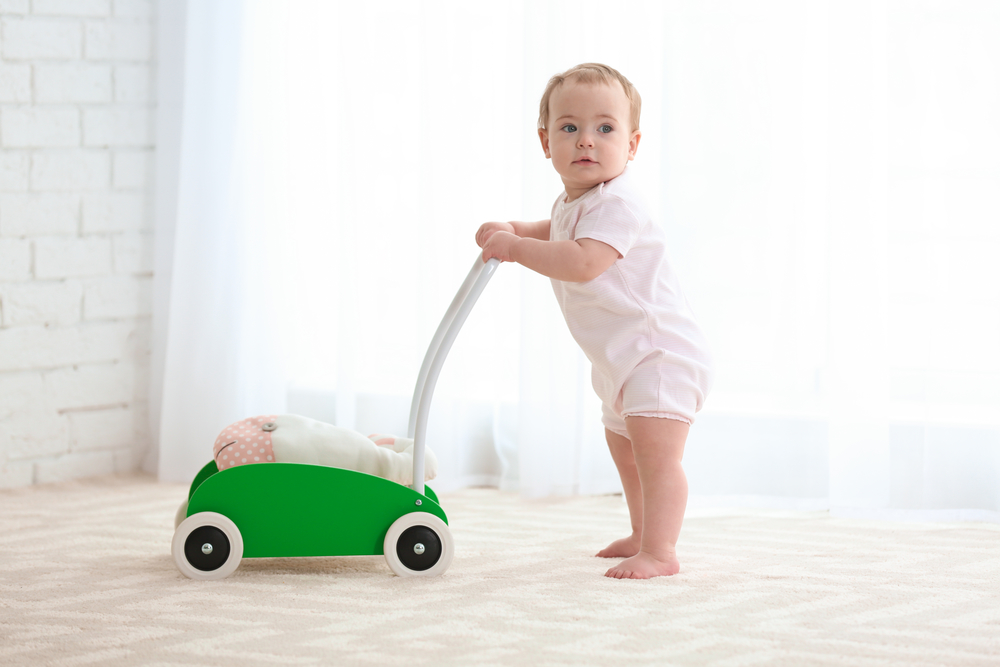10–12 Month Baby Development Checklist: Building Independence, Skills, and Confidence
10–12 Month Baby Development Checklist: Building Independence, Skills, and Confidence
Between 10 and 12 months, your baby is transitioning from infancy to toddlerhood. This period is packed with exciting developmental changes—many babies are standing, saying their first words, and beginning to show early signs of independence. In this blog post, we’ll guide you through an SEO-optimized developmental checklist to help you track progress and support your baby's rapid growth.
Why 10–12 Months Is a Key Stage
During these months, babies become increasingly mobile, social, and expressive. They begin to understand simple instructions and explore their world with greater purpose. It’s a time of enhanced physical coordination and the early development of problem-solving and communication skills.
Developmental Checklist for 10–12 Month-Olds
1. Physical Growth & Motor Skills
-
Pulls up to stand and may cruise along furniture
-
Stands alone for a few seconds or longer
-
May take first steps or begin walking independently
-
Picks up small objects with thumb and forefinger (fine pincer grasp)
-
Stacks objects or attempts to place items into containers
-
Crawls quickly and may climb over low obstacles
2. Cognitive Development
-
Explores objects in different ways (shaking, banging, dropping)
-
Imitates actions, such as clapping or waving
-
Understands object permanence and searches for hidden items
-
Begins to show problem-solving behaviors (e.g., using a tool to reach a toy)
3. Social & Emotional Growth
-
Shows affection to familiar people
-
Displays preferences for certain people or toys
-
Cries when parents leave (separation anxiety)
-
Tests boundaries with behaviors (e.g., dropping objects repeatedly)
4. Communication & Language
-
Says “mama,” “dada,” and possibly one or two other words with meaning
-
Understands “no” and simple directions like “come here”
-
Uses gestures like pointing or waving
-
Tries to mimic words or sounds
-
Babbles in sentence-like patterns
Red Flags to Watch For
Consult your pediatrician if your baby:
-
Isn’t crawling or attempting to pull up to stand
-
Doesn’t respond to their name or familiar voices
-
Shows no interest in interactive games like peekaboo
-
Doesn’t say any words by 12 months
-
Has difficulty using both hands equally
How Parents Can Support Development
-
Encourage Safe Exploration: Allow space for crawling, cruising, and walking
-
Talk Frequently: Narrate daily activities to build language understanding
-
Play Interactive Games: Imitation and action games encourage engagement
-
Offer Finger Foods: Help improve coordination and independence
-
Establish Routines: Help your baby feel secure and anticipate daily events
Final Thoughts
The 10–12 month stage is a remarkable time filled with milestones and growing independence. Use this checklist to monitor your baby’s development, celebrate progress, and seek support when needed. Every step, word, and smile is a sign of exciting things to come.
Support your baby’s journey into toddlerhood—one confident step at a time!
Amazon best seller






Comments